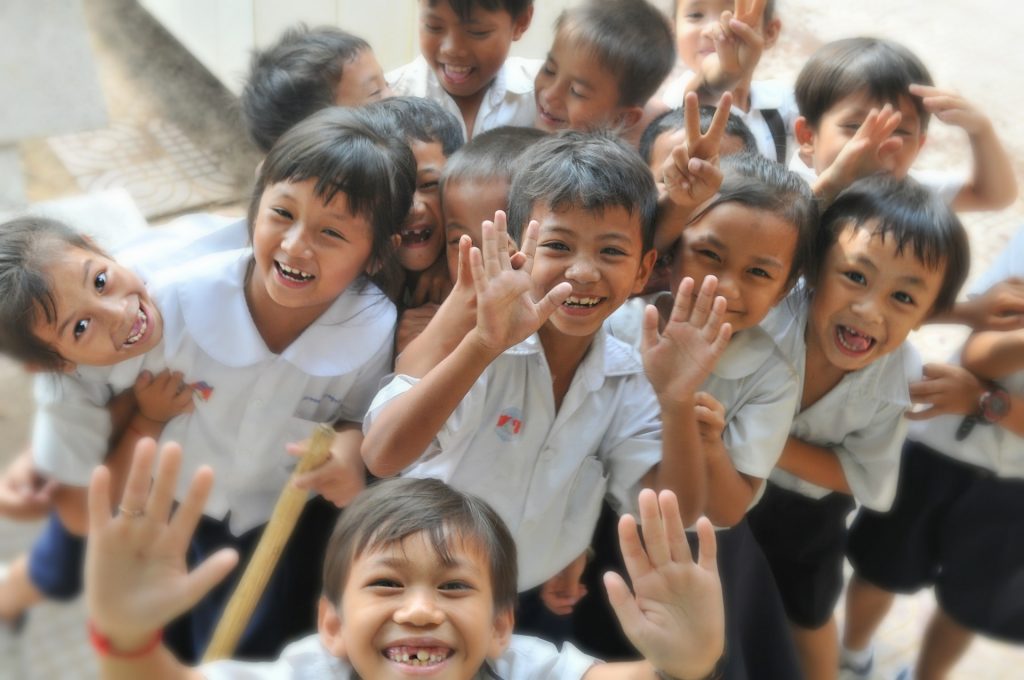4 min read
With a population of 100 million and a $330+ billion GDP growing at 6 percent per year, the Philippines is one of the fastest growing economies in the world. Amidst its growth, the developing nation, like others in Southeast Asia, still faces significant challenges, particularly affecting its youth. These challenges include access to relevant, quality education, and paths to sustainable careers.
Fortunately, education technology (EdTech) platforms are transforming the global learning landscape and addressing existing gaps. Here are five trends that show why there is significant opportunity for investors to create scalable impact:
1. Large and growing population of Gen Z
According to the United Nations, the Philippines has the third youngest population in the APAC region. There are nearly 20 million Gen Z youth (aged 13-23) in the Philippines, comprising 20 percent of the total population. The country’s Gen Z youth are digital natives who have been exposed to social media and mobile applications since birth, setting the stage for innovative online and technology-based approaches to education.
2. Consistent ranking as heaviest internet users worldwide
Over the past four years, the Philippines has consistently topped rankings for the heaviest internet users worldwide, with an average screen time of 10 hours daily. What this means for the Filipino youth is increased connectivity. If so much time can be spent on social networks or online gaming, I believe there’s opportunity to channel this into deeper self-awareness and broader access to global education providers.
3. Increasing accessibility and affordability of the internet
Local broadband internet speeds jumped from 2.0 megabits per second (Mbps) in 2013 to 19.3 Mbps in 2019, a compounded annual growth rate of 46 percent. With falling costs of internet use, from $5.28/Mbps in 2013 to $0.48/Mbps in 2019, the country has also seen internet penetration rise from about 40 to 60 percent within this period. In years to come, we can expect lower barriers to entry, with even more internet users from younger generations.
4. Use of the internet and social media for decision making
Global consumer behavior has shifted. Before the internet, traditional media, advertising and word-of-mouth influenced decisions. Today, Gen Z goes online first to find information, understand their options and seek each other’s opinions. We’ve seen more than 300,000 average monthly searches about college courses and senior high school tracks – coming from an influential market of Filipino Gen Z youth: 13 million students spending $13 billion on education and 20 million consumers spending ~$37 billion on products in 2018.
5. Increasing monetization of Gen Z’s online activity
Because Filipino youth represent a quarter of the local e-commerce market, digital marketing is tuning more closely into Gen Z mindsets and preferences. An increasing number of SMEs and startups are investing in digital channels, offering cost-effective solutions and scalable results. It is estimated that digital marketing spend in the Philippines amounted to more than $800 million in 2018. With this spend increasing by a compounded annual growth rate of 18.5% until 2023, we will have more opportunities to integrate education into youth-centric campaigns.
In the five years since Edukasyon’s launch, our mission has been to empower the Filipino youth to make better-informed decisions about their education, career and life. We have been fortunate to access early-stage supporters and advisors from around the world, who not only provide funding for our continued growth but also help us stay true to that mission.
Villgro Innovations Foundation, for example, has helped us to develop our impact framework – ensuring that impact outcomes (e.g. students reached, students enrolled, students financed to students upskilled and employed) are implicitly built into our platform’s business model. They have opened our doors to the local, regional, and global impact community, so that we can constantly learn from use cases and best practices.
To elevate the youth of the Philippines – 20 million and growing – we know that we cannot do it alone. EdTech is just one solution, but with the trends we are seeing, we invite the impact investment community to explore the immense potential in our country, and fuel resources, expertise and guidance to pave bright futures for the Filipino youth.


















